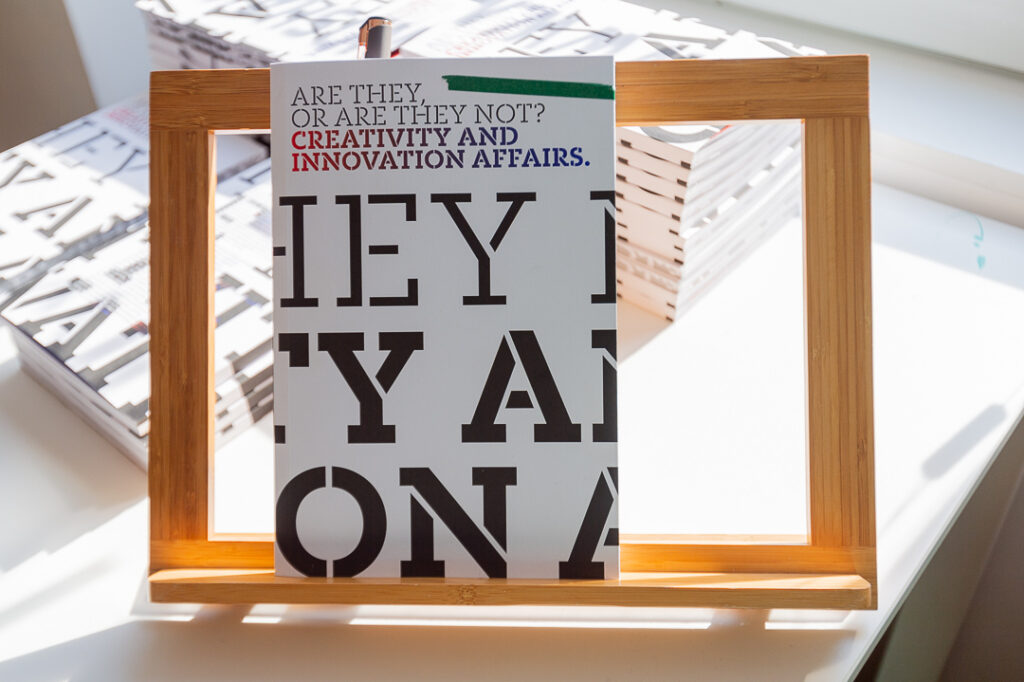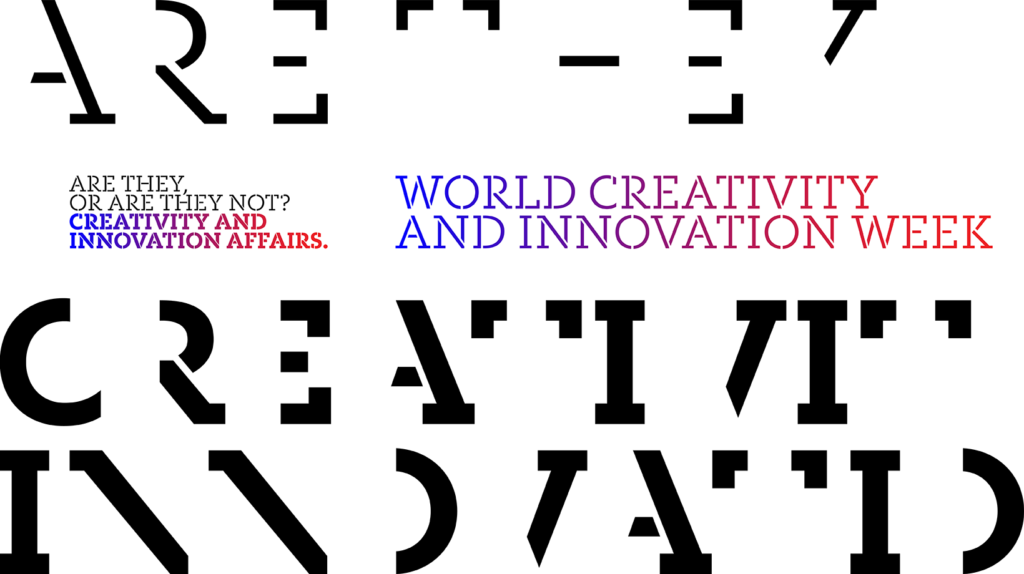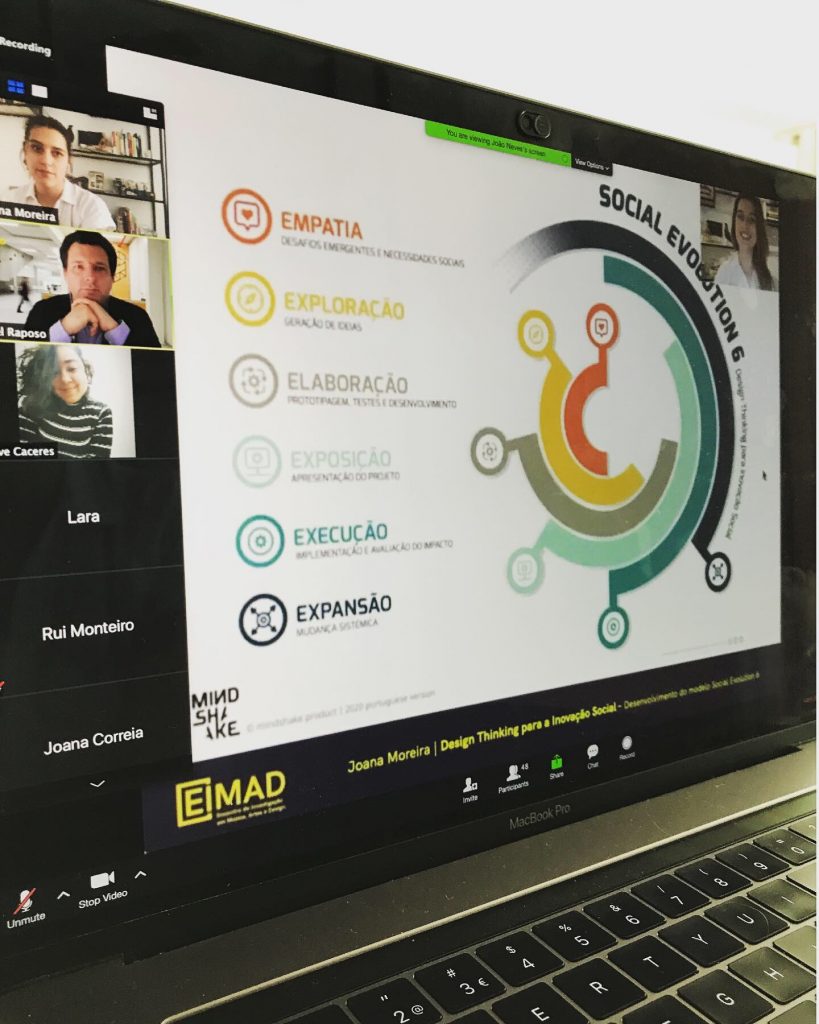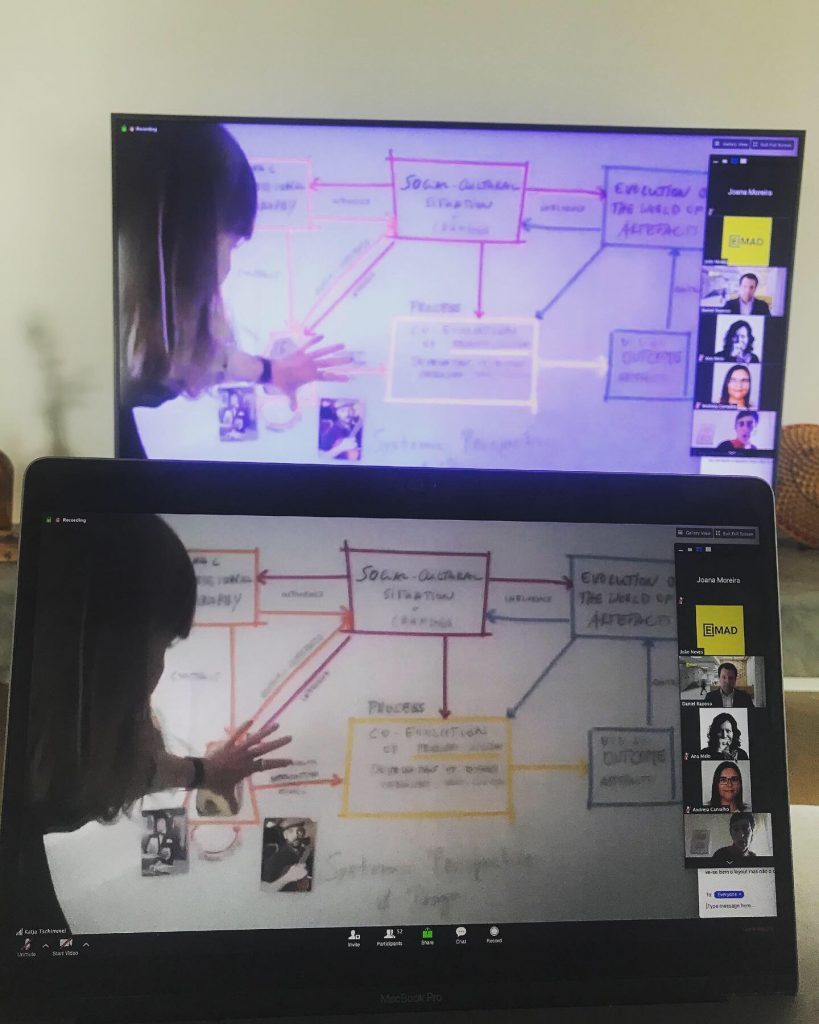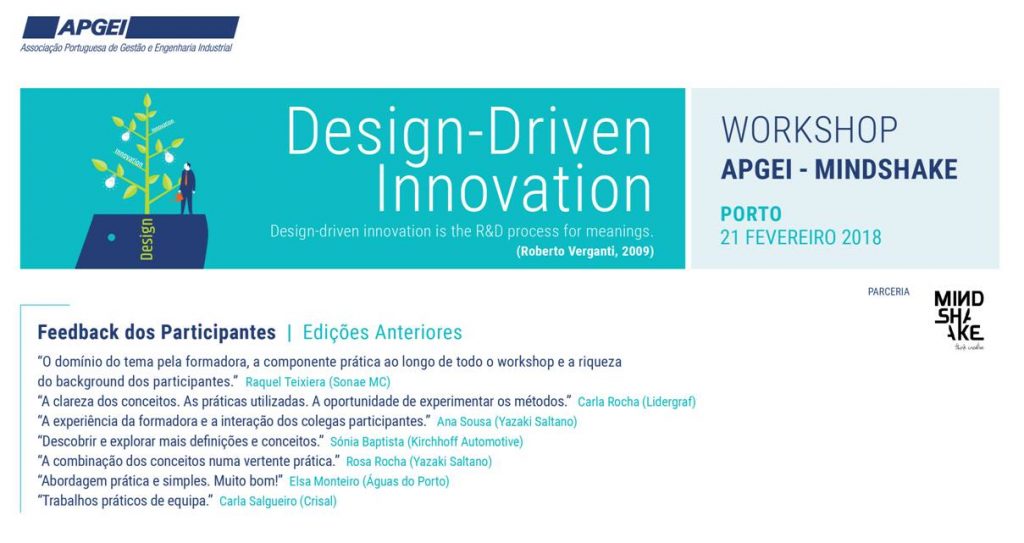___________
EN
We are delighted to share our involvement in the Design Thinking Research Symposium 13, held in Haifa, Israel, from March 22 to March 24, 2022. This symposium, renowned for its commitment to investigating design thinking grounded in real-world evidence, provided an enriching platform for professionals and researchers alike.
Expanding Boundaries of Design: The Design Thinking Research Symposium series, initiated at TUDelft in 1992, has been a steadfast arena for exploring specific topics within Design Thinking. In its 13th edition, the symposium delved into the expansion of the design landscape, incorporating perspectives from professionals across diverse disciplines. Our participation aimed to unravel the evolving concept of design and its implications for professionals, managers, and experts involved in design initiatives.
Our Contribution: Design Thinking Workshops for Social Workers: As part of the symposium, our team, including Joana Alves dos Santos, Joana Moreira, and Katja Tschimmel, presented a paper titled “Design Thinking Workshops for Social Workers.” This research offers both a theoretical and practical exploration of Design Thinking as a method addressing social workers. The study, rooted in the hypothesis that Design Thinking can significantly enhance the mindset and skills of social workers, delves into the impact of Design Thinking on fostering innovation in social projects.
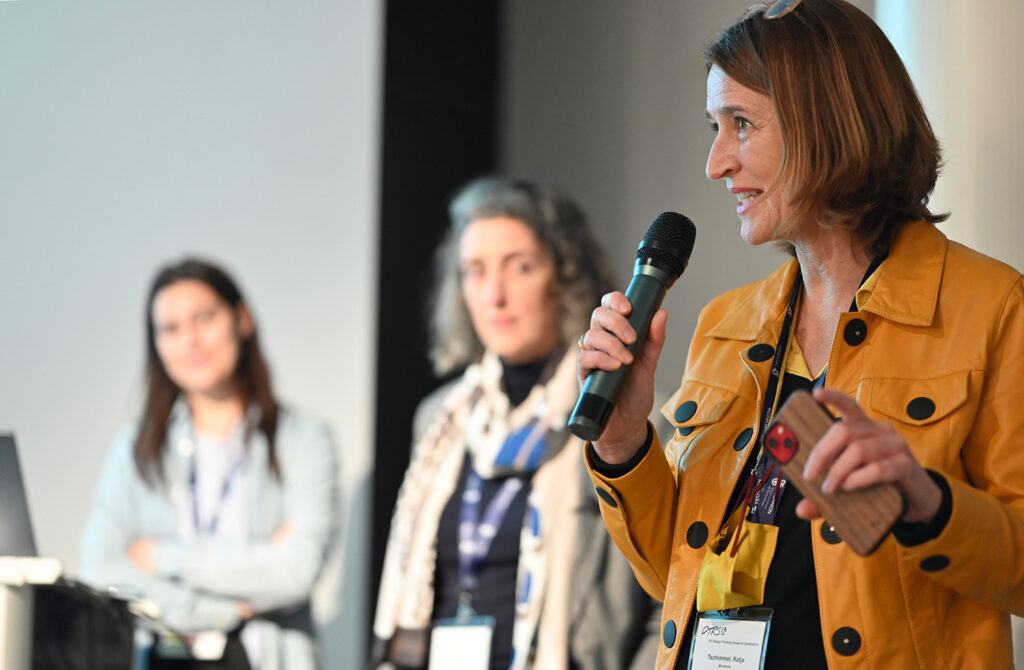
Publication Announcement
Expanding the Frontiers of Design – Critical Perspectives: We are thrilled to announce that our paper has been published! On October 31, 2023, Routledge released a book titled “Expanding the Frontiers of Design – Critical Perspectives,” edited by Gabriela Goldschmidt and Ezri Tarazi. Our contribution is featured within this publication, offering critical insights into the intersection of Design Thinking and social work.
A Glimpse into the Book: “Expanding the Frontiers of Design – Critical Perspectives” delves into the transformative impact of Design Thinking, a method widely adopted in design business and management. The book addresses the changing landscape of contemporary design, where design teams now encompass a mix of designers and other professionals, fostering creativity and innovation. The collection, originating from the 13th Design Thinking Research Symposium (DTRS13), is structured into five parts, each offering unique insights:
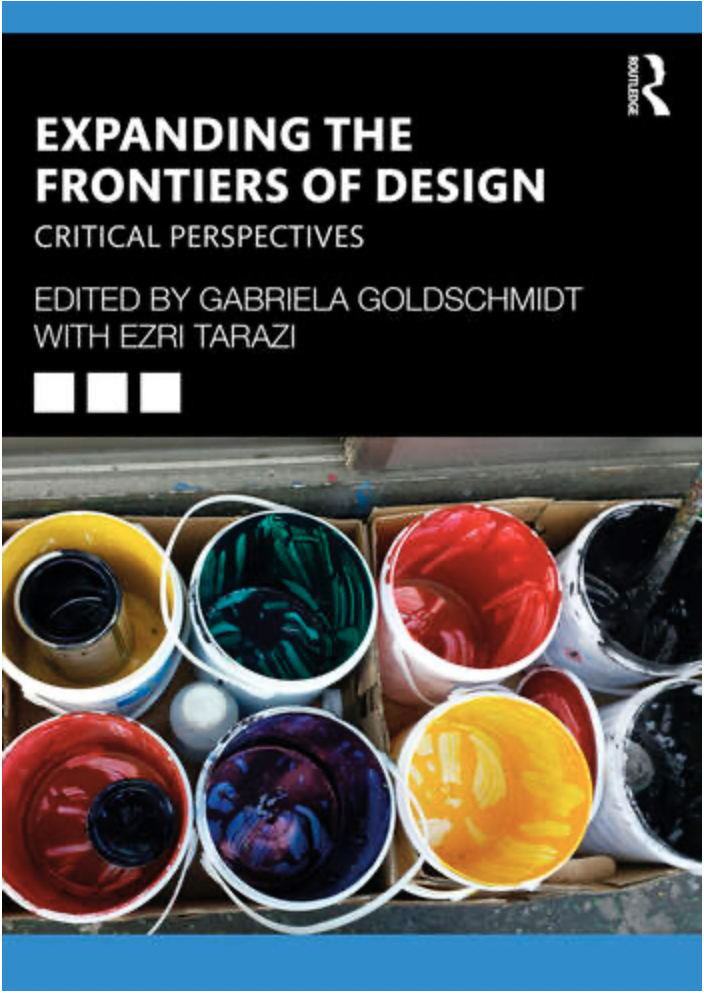
- Part 1: Thinking about design
- Part 2: Design thinking in the studio
- Part 3: Design thinking in practice and professional training
- Part 4: Design teams of diverse backgrounds, Interdisciplinary projects
- Part 5: Design and nature; visual representation
This book serves as a comprehensive source for new perspectives on design and Design Thinking, making it ideal for designers, design academics, and industry leaders seeking to strengthen and innovate their practices.
Our paper is parte of the 3rd section of the book: Design thinking in practice and professional training.
Celebrating Exploration and Publication: Our participation in the Design Thinking Research Symposium 13 and the subsequent publication of our work mark significant milestones for Mindshake. We celebrate the spirit of exploration and the opportunity to contribute to critical perspectives on the expanding frontiers of design.
Stay tuned for more insights and updates as we continue our journey in pushing the boundaries of Design Thinking and its applications in diverse domains!
___________
PT
É com muita honra que partilhamos o nosso envolvimento no Design Thinking Research Symposium 13, que decorreu em Haifa, Israel, de 22 a 24 de março de 2022. Este simpósio, reconhecido pelo seu compromisso em investigar o Design Thinking fundamentado em evidências do mundo real, proporcionou uma plataforma enriquecedora tanto para profissionais como para investigadores.
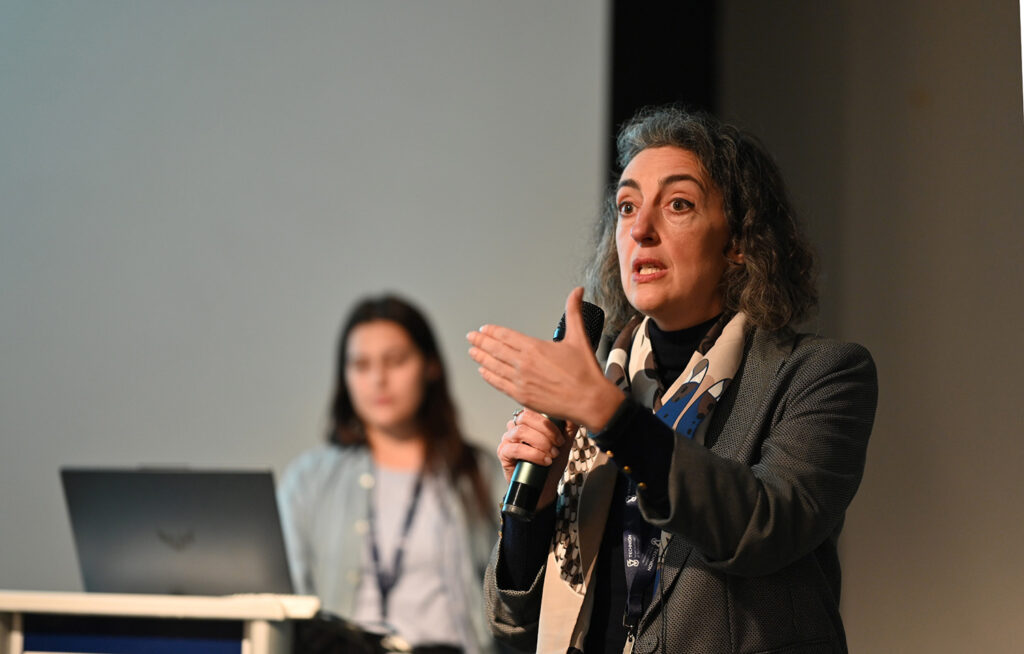
Expansão das Fronteiras do Design: A série de simpósios Design Thinking Research, iniciada em TUDelft em 1992, tem sido uma arena constante para explorar temas específicos dentro do Design Thinking. Na sua 13ª edição, o simpósio aprofundou a expansão do panorama do design, incorporando perspetivas de profissionais de diversas disciplinas. A nossa participação visou aprender mais sobre o conceito, sempre em evolução, do design e as suas implicações para profissionais, gestores e especialistas envolvidos em iniciativas de design.
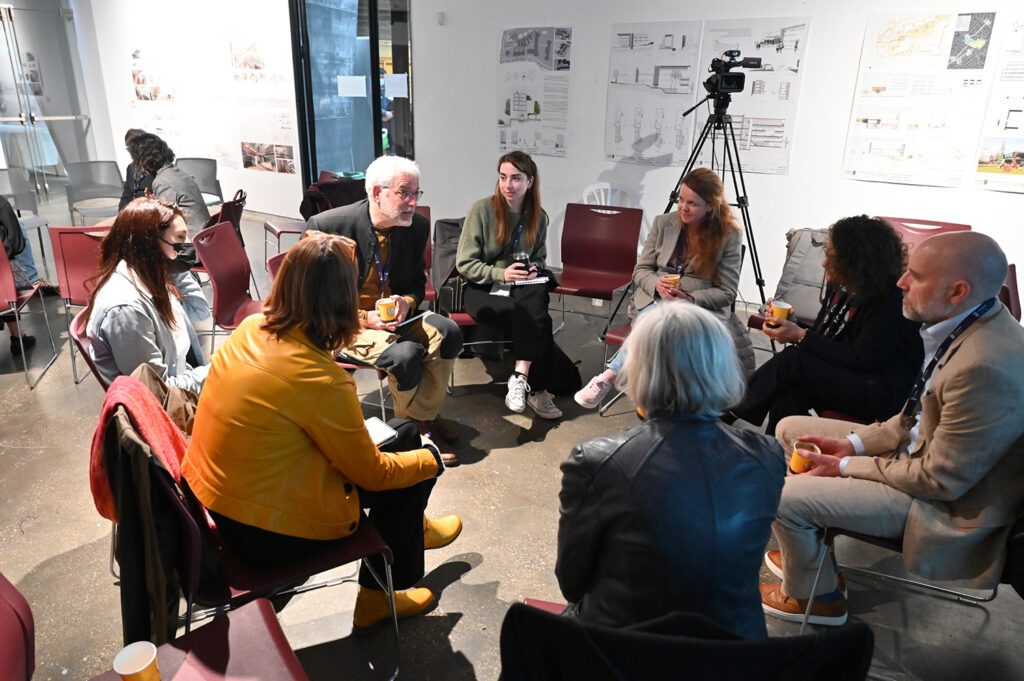
A Nossa Contribuição:
Como parte do simpósio, a nossa equipa, composta por Joana Alves dos Santos, Joana Moreira e Katja Tschimmel, apresentou um artigo intitulado “Workshops de Design Thinking para Técnicos Sociais.” A nossa investigação, com base num conjunto muito alargado de workshops realizados com este public-alvo, oferece uma exploração teórica e prática do Design Thinking como um método que pode customizados para técnicos sociais. O estudo, fundamentado na hipótese de que o Design Thinking pode aprimorar significativamente a mentalidade e as habilidades dos técnicos sociais, aprofunda-se no impacto do Design Thinking na promoção da inovação em projetos sociais.
A Publicação:
Ficamos muito contentes em poder anunciar que o nosso artigo foi publicado! Em 31 de outubro de 2023, a Routledge lançou um livro intitulado “Expanding the Frontiers of Design – Critical Perspectives,” editado por Gabriela Goldschmidt e Ezri Tarazi. A nossa contribuição está incluída nesta publicação, oferecendo a nossa perceção crítica sobre a interseção entre o Design Thinking e o trabalho social.
Uma Visão do Livro: “Expanding the Frontiers of Design – Critical Perspectives” mergulha no impacto transformador do Design Thinking, um método amplamente adotado nos negócios e na gestão do design. O livro aborda a mudança no panorama do design contemporâneo, onde as equipas de design agora incluem uma mistura de designers e outros profissionais, fomentando a criatividade e a inovação. A coleção, originada no 13º Design Thinking Research Symposium (DTRS13), está estruturada em cinco partes, cada uma oferecendo perceções únicas.
Este livro é uma fonte abrangente de novas perspetivas sobre o design e o Design Thinking, sendo ideal para designers, académicos e líderes da indústria que procuram fortalecer e inovar as suas práticas.
- Parte 1: Reflexão sobre o design
- Parte 2: Design thinking no estúdio
- Parte 3: Design thinking na prática e formação profissional
- Parte 4: Equipas de design de origens diversas, Projetos interdisciplinares
- Parte 5: Design e natureza; Representação visual
O nosso artigo faz parte da 3ª secção do livro.
Celebrando a Exploração e a Publicação:
A nossa participação no Design Thinking Research Symposium 13 e a subsequente publicação do nosso trabalho assinalam marcos significativos para a Mindshake.
Fiquem atentos para mais atualizações à medida que continuamos a nossa jornada em expandir as fronteiras do Design Thinking e suas aplicações em diversos domínios!

